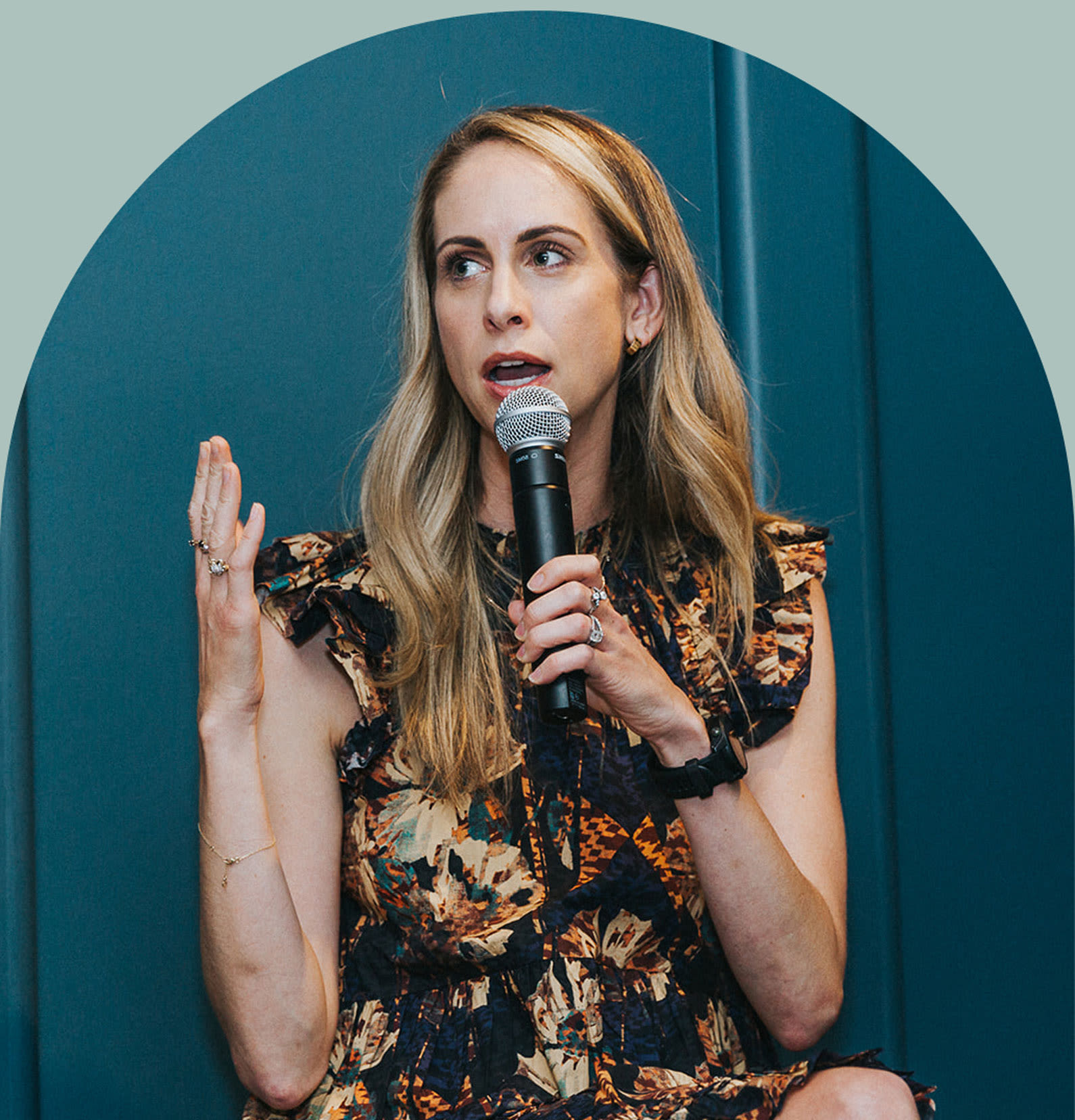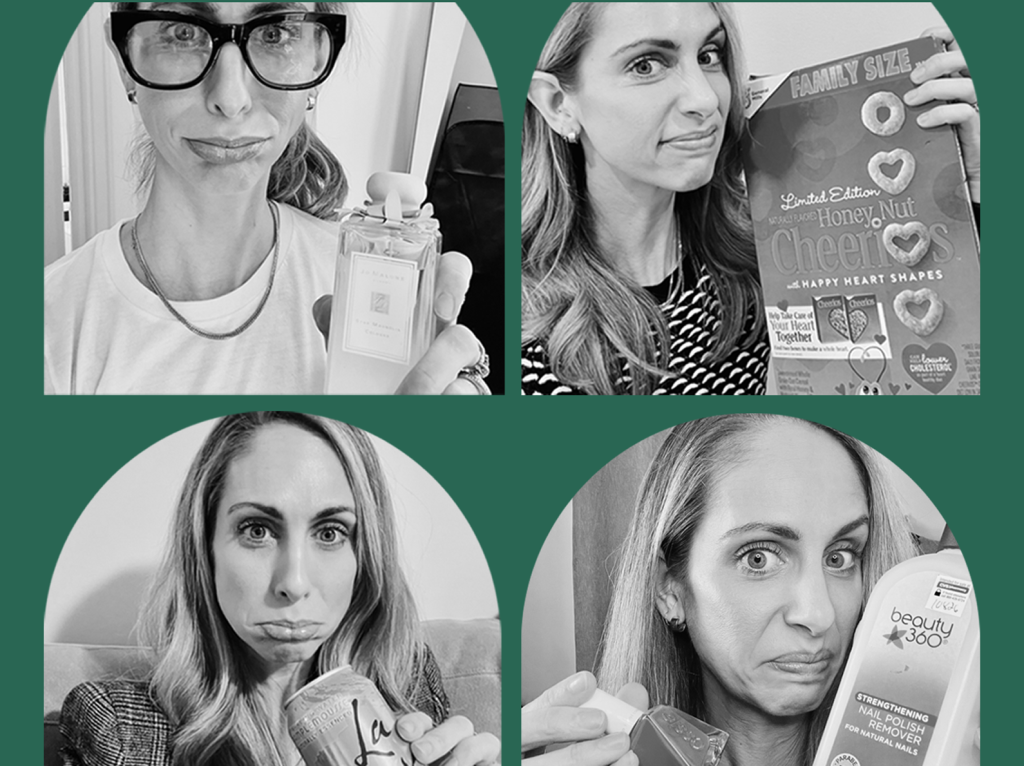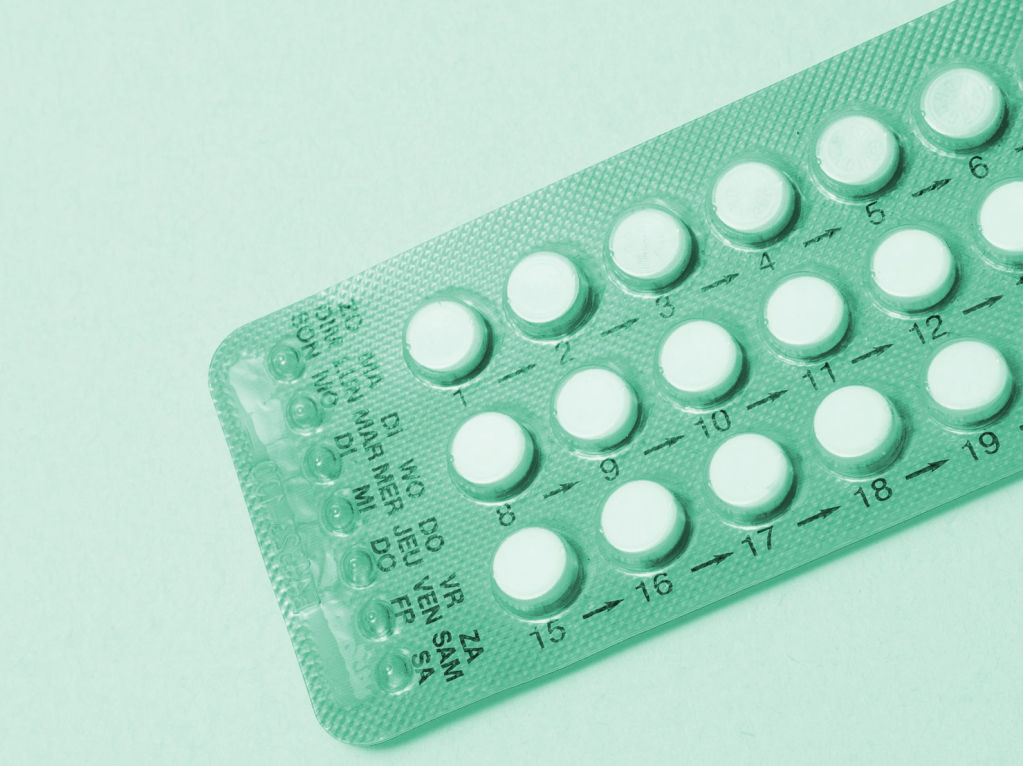When do you first remember learning about your hormones? Not just hearing an off-handed comment from your doctor when you started your period or having a rude “you’re acting hormonal” flung at you when someone felt you were being “difficult.” Rather, the first time you really, truly understood that your hormones existed and were cruising through your bloodstream beneath your skin making things happen.
If you’re like many women, it wasn’t until you were well into adulthood, maybe even until you were trying to have a baby or were deep into pregnancy that you began to understand that these invisible but important chemical messengers had some sort of power over you. Or maybe you still feel totally in the dark like 66% of women.
A 2016 study found that less than a third of respondents between the ages of 18 and 51 knew what reproductive hormones were. According to the Period Education Project, only 22 states “require medically accurate reproductive health education,” and 58% of women say they’re ashamed of having their period. That is bonkers and so disappointing.
It’s against this backdrop that Veracity created Hormone Health Awareness Month last year. We are on a mission to open people’s minds to full-body wellness that starts from within.
When most women first understand their hormones, it is often only around big life changes – periods, pregnancy, and menopause. But our mission is to help women understand that there are more hormones than just the female sex hormones and that all of these chemical messengers affect way more than just fertility—they’re at the root of nearly every aspect of our health, every day.
Gut issues: Cortisol, estrogen, and progesterone may be out of balance and playing a part.
Acne: Surprise breakouts can be caused by a stress-induced spike in testosterone and DHEA as well as low progesterone.
Diabetes: At the root of the 7th leading cause of death in the U.S. is the hormone insulin.
Thyroid issues: Half of all women at some point in their lifetime will have a problem with their thyroid thanks to imbalances in one of the four thyroid hormones. And up to 60% of those with some kind of thyroid problem will go undiagnosed.
Depression and anxiety: Cortisol, thyroid hormones, and the female sex hormones can all cause a disruption in mood.
Infertility: It is projected that 50% of couples will experience some sort of infertility by 2050. The culprit? Hormone problems affecting both men and women that are caused by endocrine-disrupting chemicals that can be found all around our homes and daily modern lives.
These are just a few of the common symptoms driven by hormonal imbalances. We have seen the extent of this disruption up close. Of the people who have taken Veracity’s Hormone Wellness Test, 87% have discovered that they have a hormonal imbalance.
The solution is simple. The first step is learning what is really going on with your body. Not just guessing or googling, but knowing. When you understand the role hormones play in your life, you can make better choices in your habits, the products you use, and the food you eat to optimize the health of these invisible chemical roommates, changes that are simple and easy, but have a big impact. When you know what your hormones are supposed to do for you, you are in a better position to recognize when they are acting up and to proactively seek treatment and advocate for yourself before things get out of hand.
Too many women—72%—report being gaslighted and ignored when they share their symptoms with their doctors. Too many doctors only seem to consider hormones a major factor in health outcomes when the problem has to do with your period—and even then, it’s often hard to get them to take you seriously.
While the medical system needs more awareness when it comes to all aspects of women’s health, the change can start with each one of us understanding how hormones impact every day of our lives for both good and bad. When we are armed with information, we can start to be the CEOs of our own thriving health.






